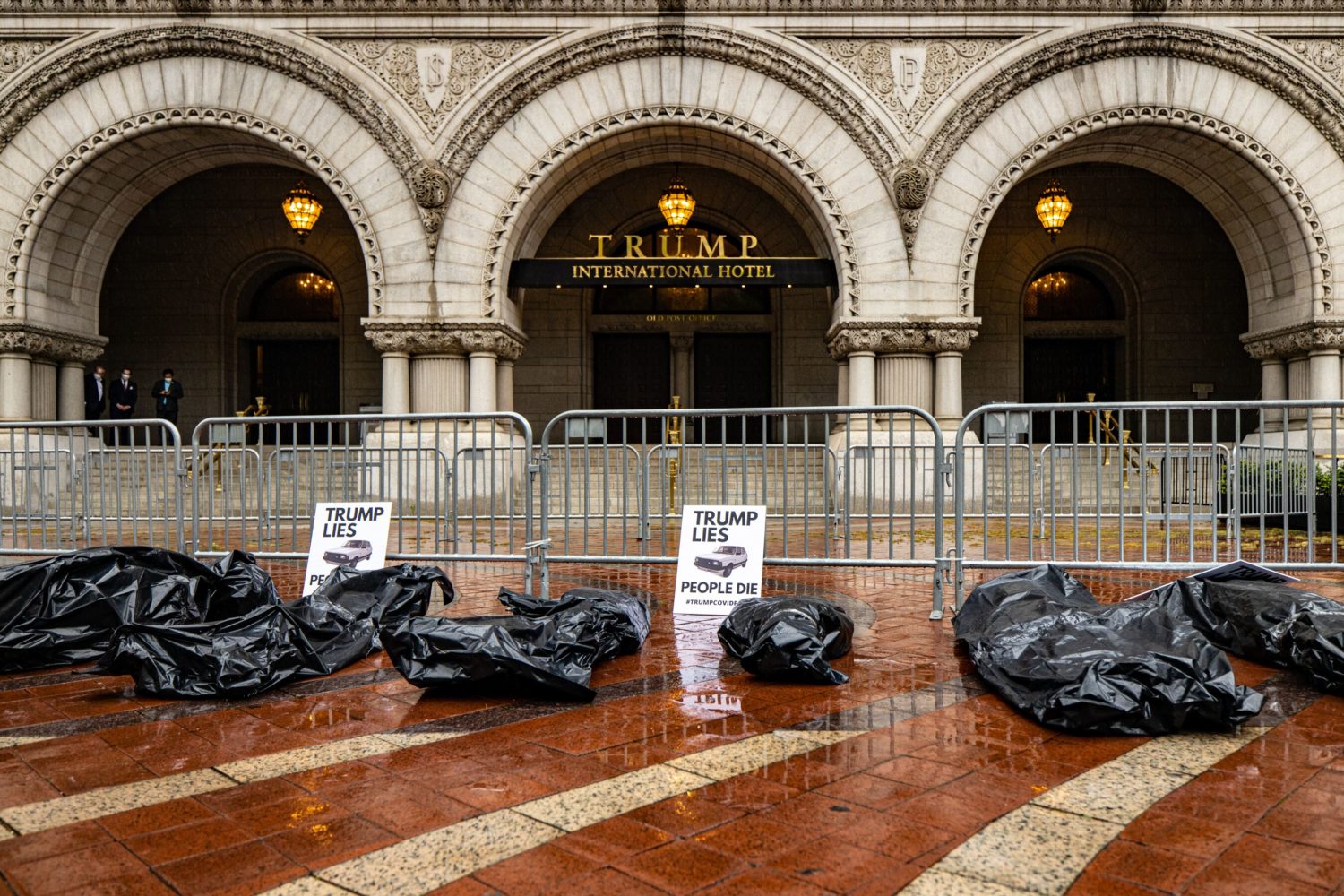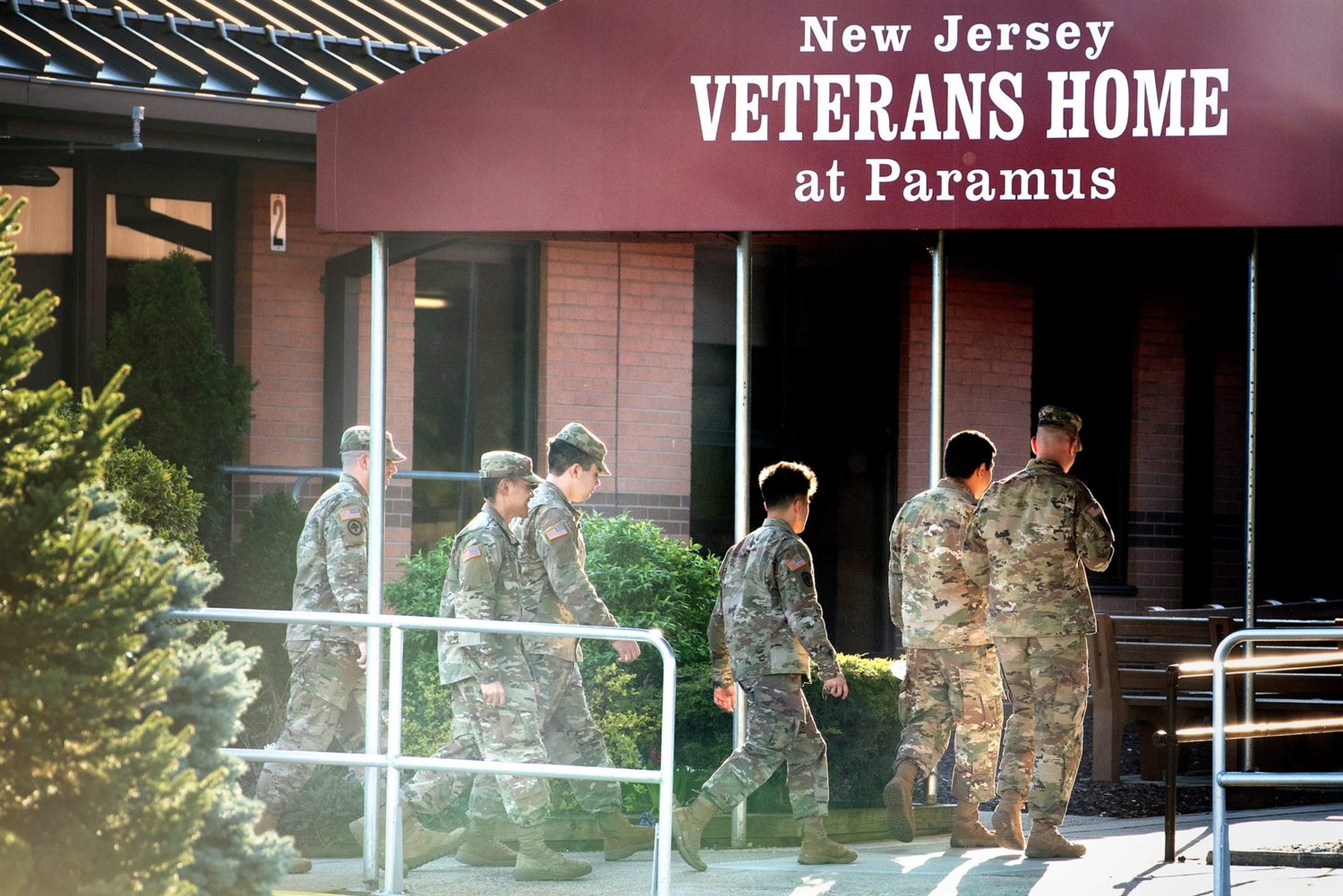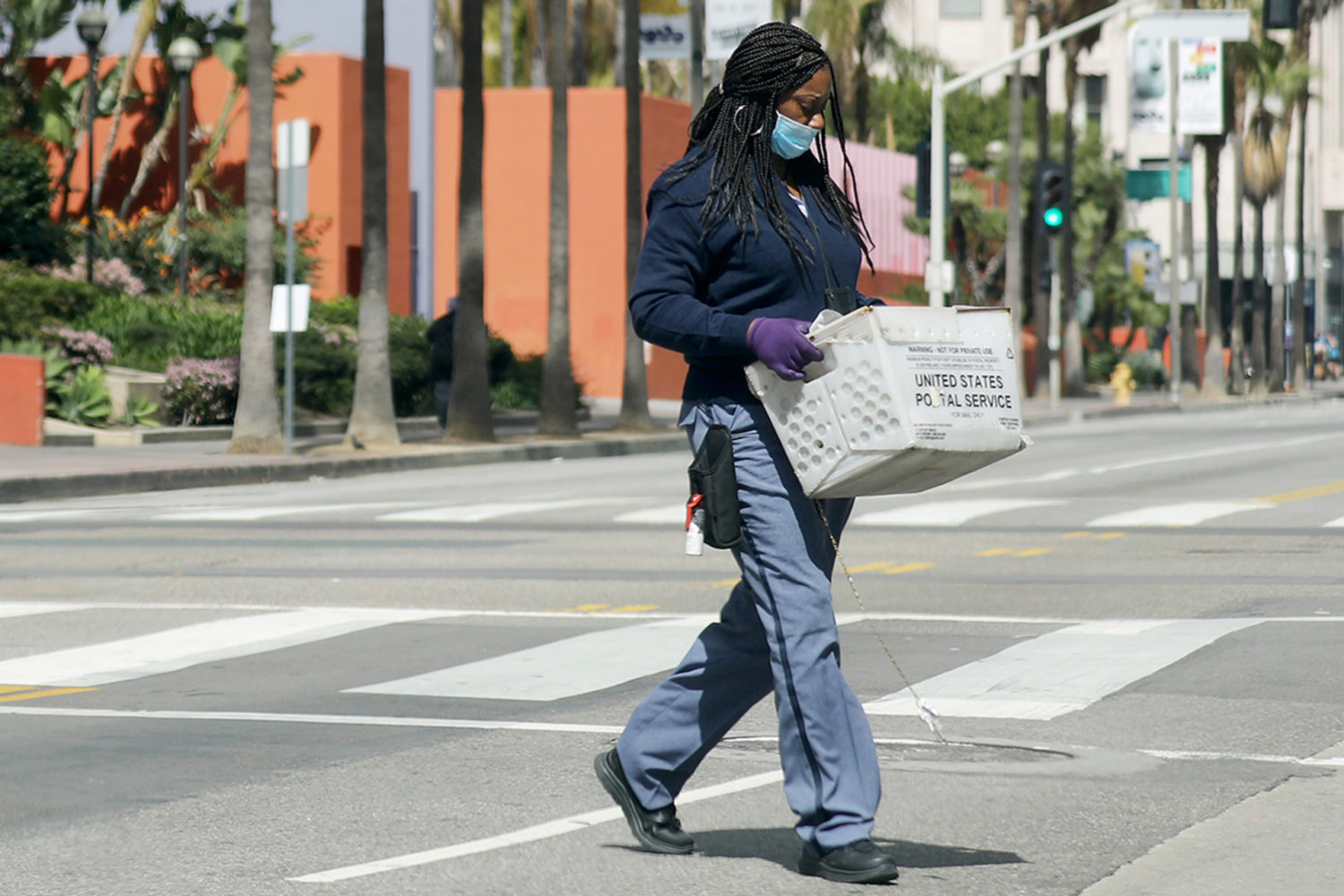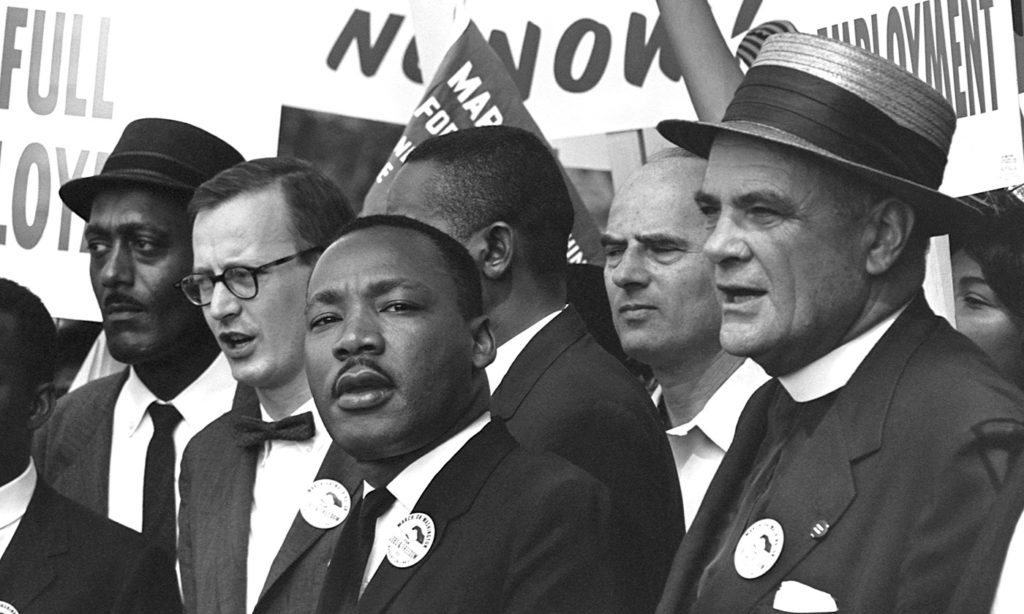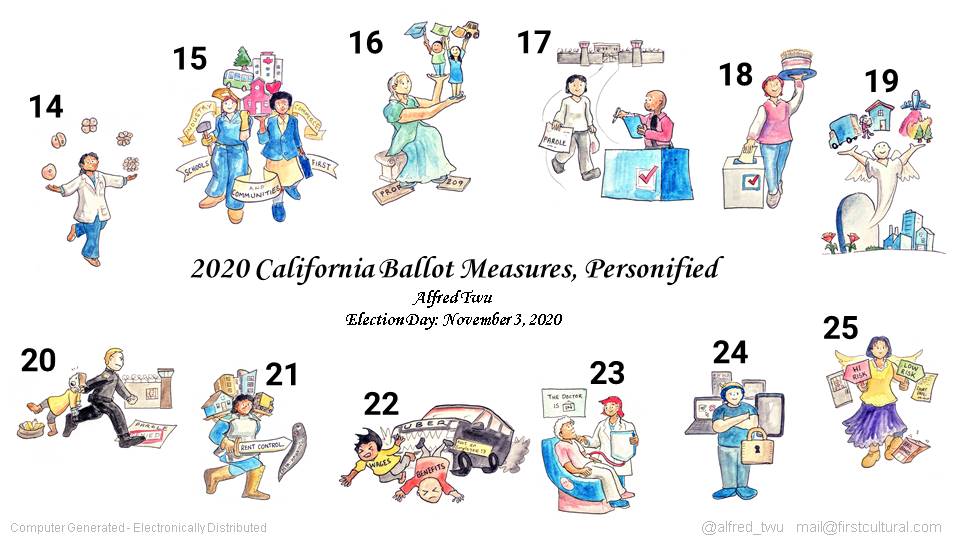
On November 3, 2020, California State Propositions will be decided by voters. Here are Pamela’s Recommendations for the California State Propositions-November 2020. It covers Propositions 14 to 25 with brief summaries and recommendations on how to vote.
Prop. 14: Stem Cell Research Institute Bond Initiative – PYP SAYS YES
A “yes” vote supports issuing $5.5 billion general obligation bonds for the state’s stem cell research institute and making changes to the institute’s governance structure and programs.
A “no” vote opposes issuing $5.5 billion general obligation bonds for the state’s stem cell research institute, which ran out funds derived from Proposition 71 (2004) for new projects in 2019.
Prop 15: Schools and Communities First, Reform Prop 13 – PYP SAYS YES
Prop 15 is a tax reform measure to create a split roll property tax system and spend the revenue increase on education and other public services.
- Close property tax loopholes benefiting wealthy corporations.
- Cut small business taxes.
- Reclaim billions every year to invest in our schools and local communities.
- Exempt homeowners, renters, small businesses and agricultural land so they continue to be protected by Prop 13.
- Prioritize transparency and accountability by requiring public disclosure of all new revenues and how they are spent.
Advocates estimate that Alameda County will receive almost $197,000 million in revenue.
Prop 16: Repeal Prop 209, Bring Back Affirmative Action – PYP SAYS YES
Voting “Yes” on Proposition 16 would reverse the ban on equal opportunity policies like affirmative action so that elected leaders can design programs that provide good jobs, better wages, and access to great schools for all Californians.
Prop 17: Allow Parolees to Vote – PYP SAYS YES
Prop 17 will amend the California Constitution so that Californians who have completed their prison term can fully participate in our democracy by restoring their right to vote.
Prop 18: Allow 17-Year-Olds to Vote in Primaries – PYP SAYS YES
Proposition 18 will allow Californians who will be 18 by the time of the general election to vote in the primary election. Voting Yes on 18 allows first-time voters to participate in the full election cycle, and builds a lifelong habit of civic participation.
Prop. 19: Property Tax Transfers, Exemptions and Revenue for Wildfire Agencies and Counties – PYP SAYS NO
California’s Proposition 19 would make various changes to rules that allow Californians who are disabled or older than age 55 to transfer below-market property tax assessments when moving to a new home. These lower assessments could no longer be transferred to heirs once the property owner dies, in many cases. But, while the taxpayer is alive, it would make transferring below market assessments easier by eliminating certain exceptions in current law.
Black and Brown communities are often adversely impacted by generational poverty and face particular challenges to accumulate wealth in America, due to systemic racism and segregation in housing. Proposition 19 may increase the challenges to transferring home ownership to the next generation while maintaining the structural advantages that white Americans enjoy.
Prop 20: Tough on Crime Measure – PYP SAYS NO
Proposition 20 is a “law and order” measure to reverse the criminal justice reforms enacted by AB 109 (2011), Proposition 47 (2014), and Proposition 57 (2016). These three criminal justice reform measures reduced the state’s prison population.
A “yes” vote will create more felonies for which early parole is restricted; recategorize certain types of theft and fraud crimes as wobblers (chargeable as misdemeanors or felonies); and require DNA collection for certain misdemeanors. A “no” vote rejects this attempt to expand incarceration and revive punitive justice in California.
Prop 21: Expand Rent Control – PYP SAYS YES
Proposition 21 will allow for the expansion of rent control throughout California. It will give local governments the power to implement tenant-friendly protections that limit annual rent increases, prevent displacement, and make living in California more affordable for all residents.
Prop 22: Attack by Uber and Lyft on Labor Rights – PYP SAYS NO
Proposition 22 would consider app-based drivers to be independent contractors and not employees or agents. It only applies to app-based drivers for Uber, Lyft and DoorDash. If drivers are considered employees, they are entitled to the protections of minimum wage and benefit laws and workers’ compensation for injuries.
Voting “yes” on this initiative will Uber and Lyft to buy their way out of the law. Other business owners would continue to be subject to Assembly Bill 5 (AB 5). AB 5 was signed into law in September 2019. It makes many people employees who were considered independent contractors before the law changed. The change in the law has had a devastating impact on small businesses, particularly minority and women-owned businesses. Proposition 22 does not help us.
Prop 23: Dialysis Clinic Safety Measure – PYP SAYS YES
The measure addresses much needed safety improvements for patients received dialysis services. A “yes” vote supports this ballot initiative to require chronic dialysis clinics to:
- have an on-site physician while patients are being treated;
- report data on dialysis-related infections;
- obtain consent from the state health department before closing a clinic; and
- not discriminate against patients based on the source of payment for care.
Proposition 24: Consumer Personal Information Law and Agency Initiative – PYP SAYS YES
A “yes” vote will expand the state’s consumer data privacy laws. It includes provisions to allow consumers to direct businesses to not share their personal information; removes the time period in which businesses can fix violations before being penalized; and create the Privacy Protection Agency to enforce the state’s consumer data privacy laws.
Prop 25: Eliminate Cash Bail – PYP SAYS NO
Proposition 25 is opposed by a broad coalition of criminal justice reform advocates, including Justice LA and Human Rights Watch.
A “yes” vote upholds Senate Bill 10 (SB 10), which replaces cash bail with risk assessments for detained suspects awaiting trials. A “no” vote will repeal SB 10. SB10 was passed into law in 2018 after its backers sold it as the replacement for money bail.
In fact, SB10 was a backroom deal between legislators, judges, and law enforcement unions. While SB10 ends the use of money bail, it allows judges to order “preventive detention” with no avenue for release. The law lacks meaningful due process constraints and uses criteria so subjective that judges can choose incarceration in nearly every felony case (“the Black box”). It gives more power to judges and money to probation departments, without ensuring any reduction in the number of pretrial detainees. Many people will still be incarcerated before their cases are even decided.

